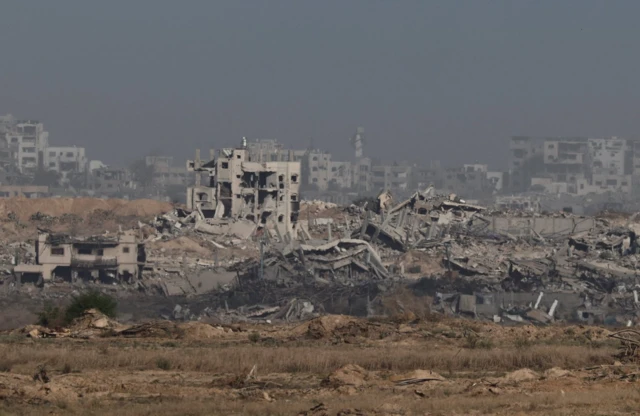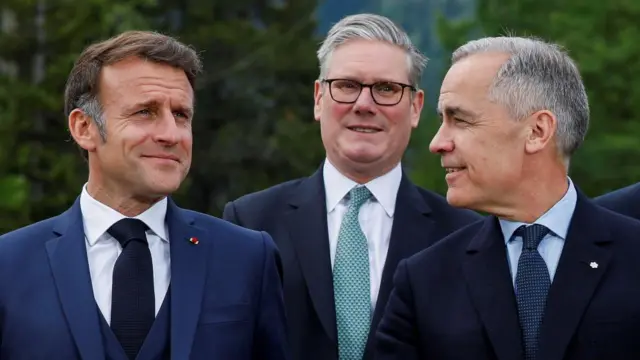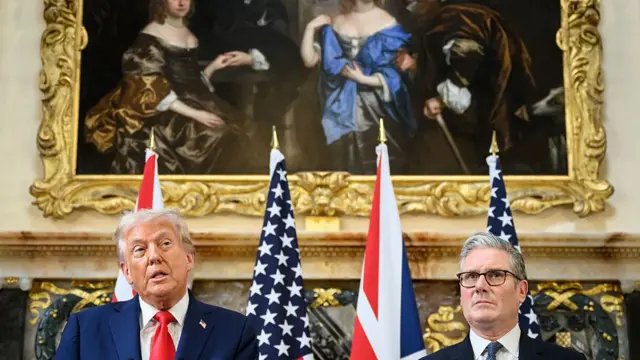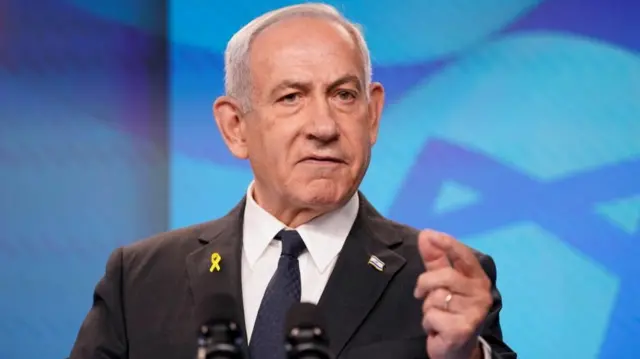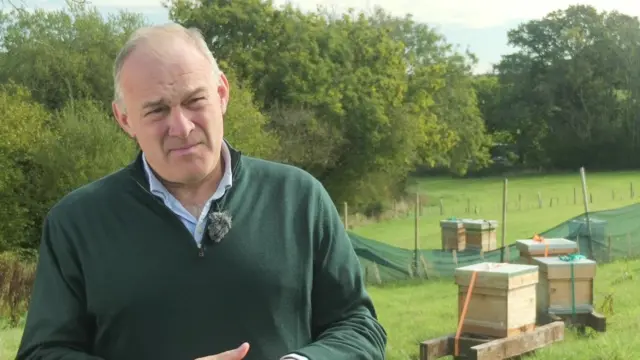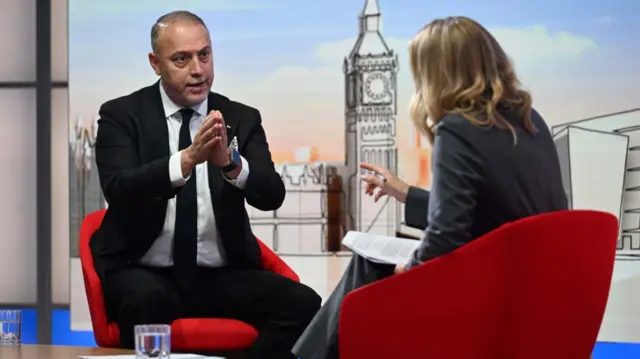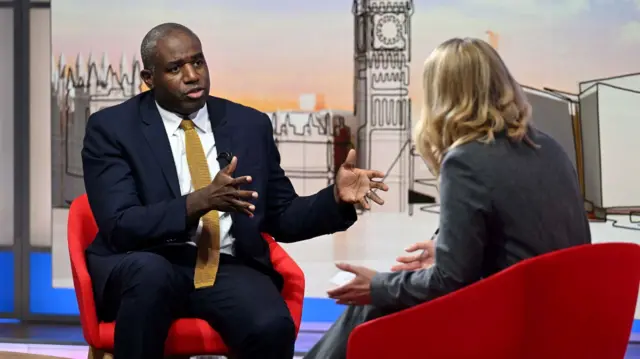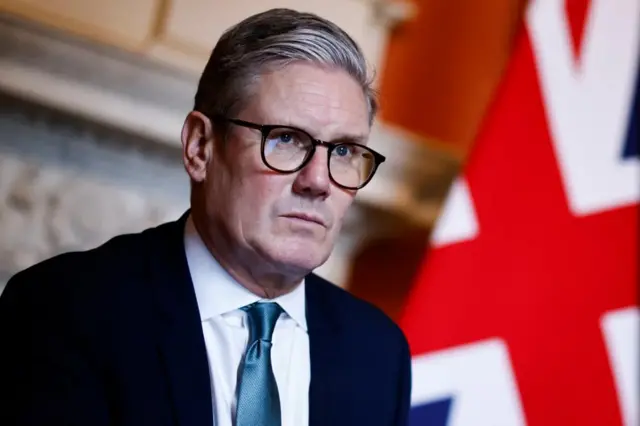Australia's statement on recognising Palestinian state - in fullpublished at 14:08 BST 21 September
Australia has followed Canada's decision to recognise Palestine as a sovereign state, Prime Minister Anthony Albanese writes.
He says it is part of a joint effort alongside Canada and Britain and will form "an international effort for a two-state solution".
You can see Albanese's full letter below.
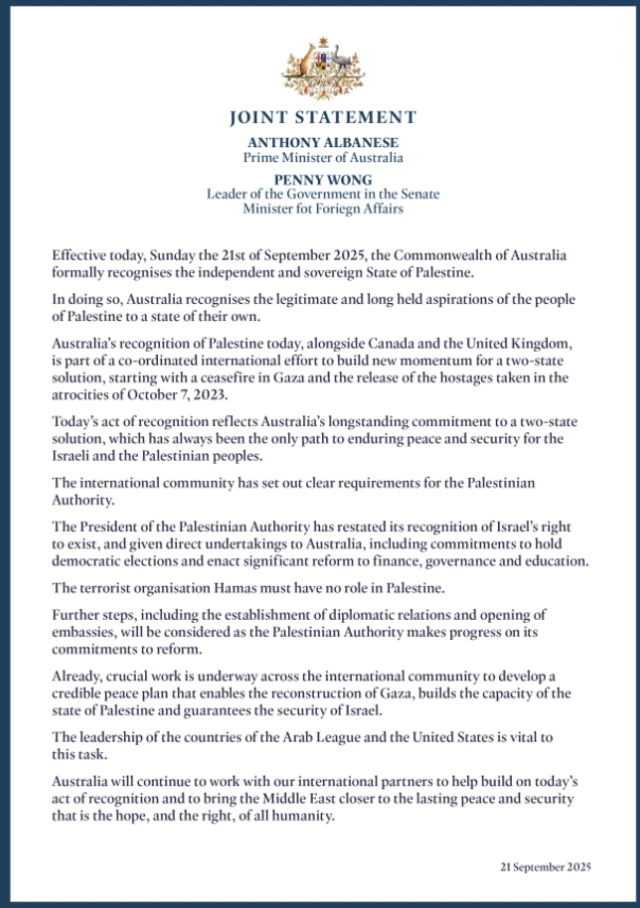 Image source, Australian government
Image source, Australian government